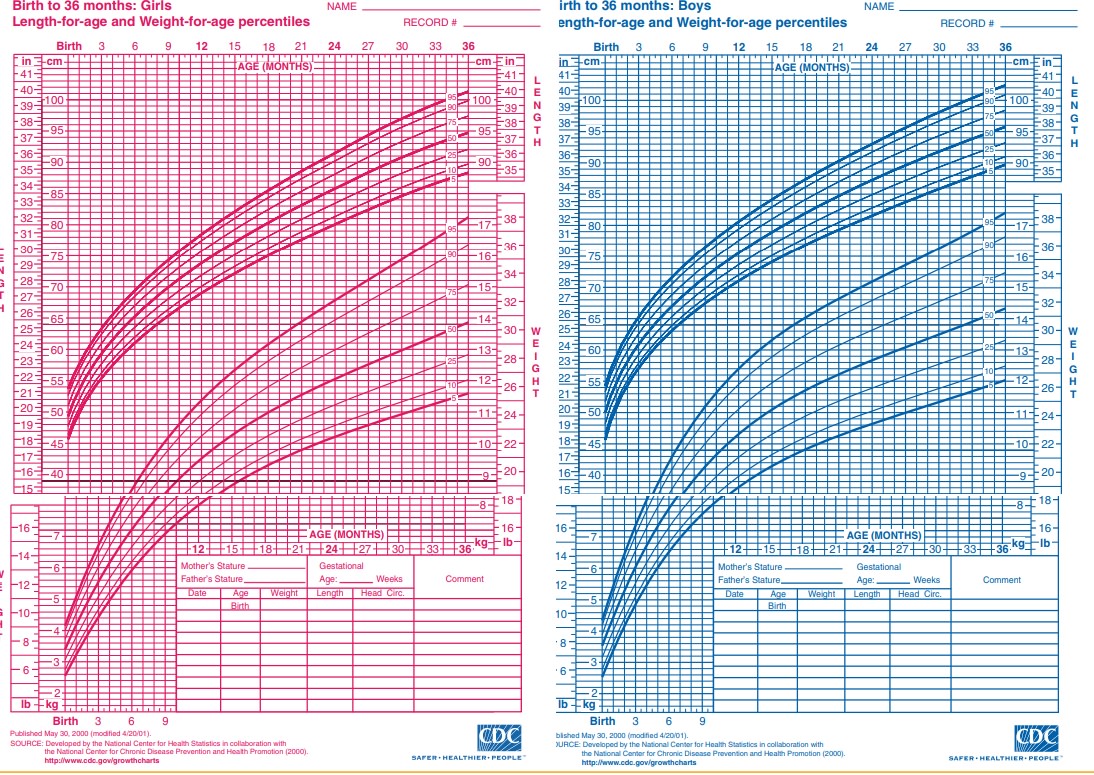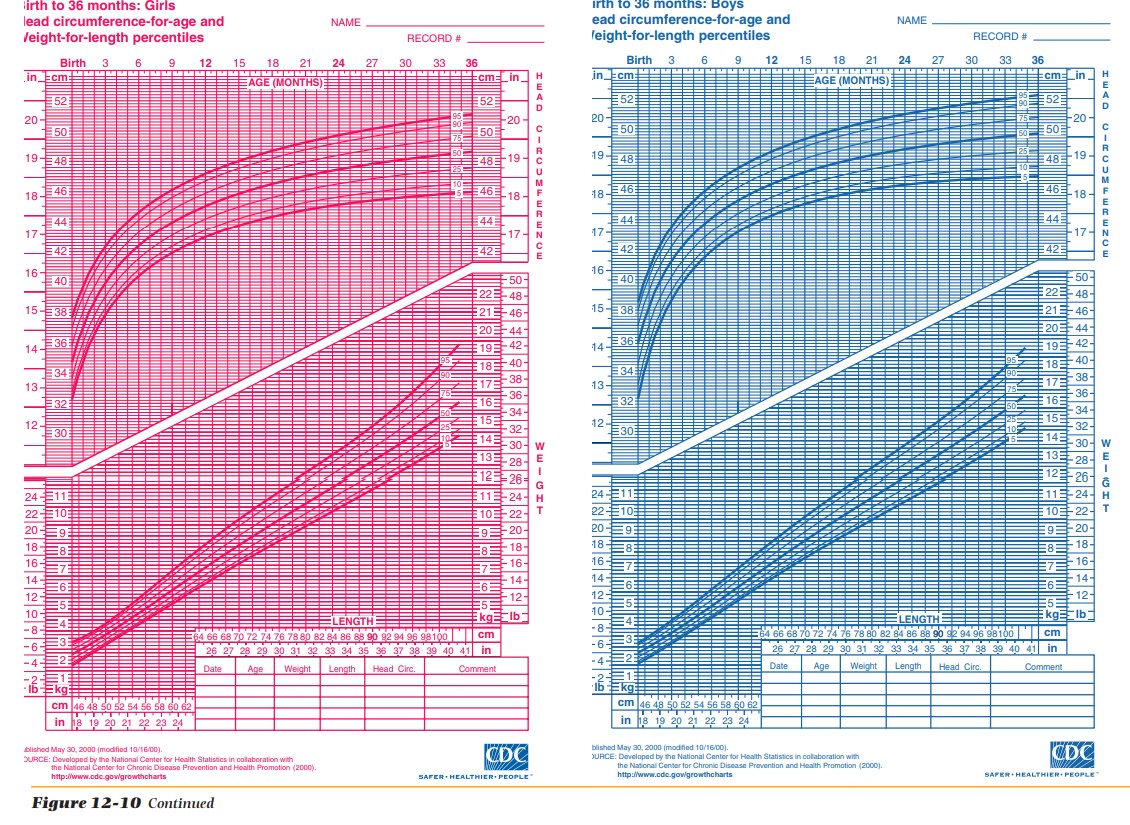Chapter: Nutrition and Diet Therapy: Diet During Infancy
Special Considerations for Infants with Altered Nutritional Needs

SPECIAL CONSIDERATIONS
FOR INFANTS WITH ALTERED NUTRITIONAL NEEDS
Premature Infants
An infant born before
37 weeks gestation is considered to be premature. These babies have special
needs. The sucking reflex is not developed until 34 weeks gestation, and
infants born earlier must be fed by total parenteral nutrition, tube feedings,
or bolus feedings (Figure 12-9).

The best food for a premature infant is
its mother’s breast milk, which contains more protein, sodium, immunologic
properties, and some other minerals than does the milk produced by mothers of
full-term infants. Other concerns in preterm infants are low birth weight,
underdeveloped lungs, immature GI tract, inadequate bone mineralization, and
lack of fat reserves. Many specialized formulas are available for premature
infants, but breast milk is best because its composi-tion is made just for the
baby, and it changes according to the baby’s needs. Mothers of premature babies
should be encouraged to pump their milk until the infant is able to nurse.
Cystic Fibrosis
Cystic fibrosis (CF)
is an inherited disease. CF causes the body to produce abnor-mally thick,
sticky secretions (mucus) within cells lining organs such as the lungs and
pancreas. The thick mucus also obstructs the pancreas, preventing enzymes from
reaching the intestines to help break down and digest food. Eighty-five percent
of CF children have exocrine pancreatic insufficiency (PI) and are at nutritional
risk due to decreased production of digestive enzymes. Malabsorption of fat is
also associated with CF; therefore, the recommenda-tion is 35% to 40% of total
calorie intake to be fat. Digestive enzymes are taken in capsule form when food
is eaten, and supplementation of fat-soluble vitamins should also be done at
mealtime. There is also a water-miscible form of fat- soluble vitamins that can
be administered if normal levels cannot be maintained with the use of only
fat-soluble vitamins. It is not unusual for those having CF to be malnourished,
even with supplementation, due to malab-sorption of nutrients and increased
needs. One possible solution would be nighttime tube feedings to supplement
oral intake if adequate nutrition and weight cannot be maintained.
Failure to Thrive
Failure to thrive
(FTT) can be determined by plotting the infant’s growth on standardized growth
charts (Figure 12-10); consideration must be made for genetic and ethnic
variations. Weight for height is the first parameter affected when determining
FTT. Later, height and head circumference are affected. Other signs might be
slow development or lack of physical skills such as rolling over, sitting,
standing, and walking. Mental and social skills will also be delayed. Babies
grow the most in the first 6 months of life, and this is when their brain
undergoes crucial development, which can affect the rest of their lives.
Failure to thrive can have many causes, such as watered-down formula,
congenital abnormalities, AIDS, lack of bonding, child abuse, or neglect.


Related Topics